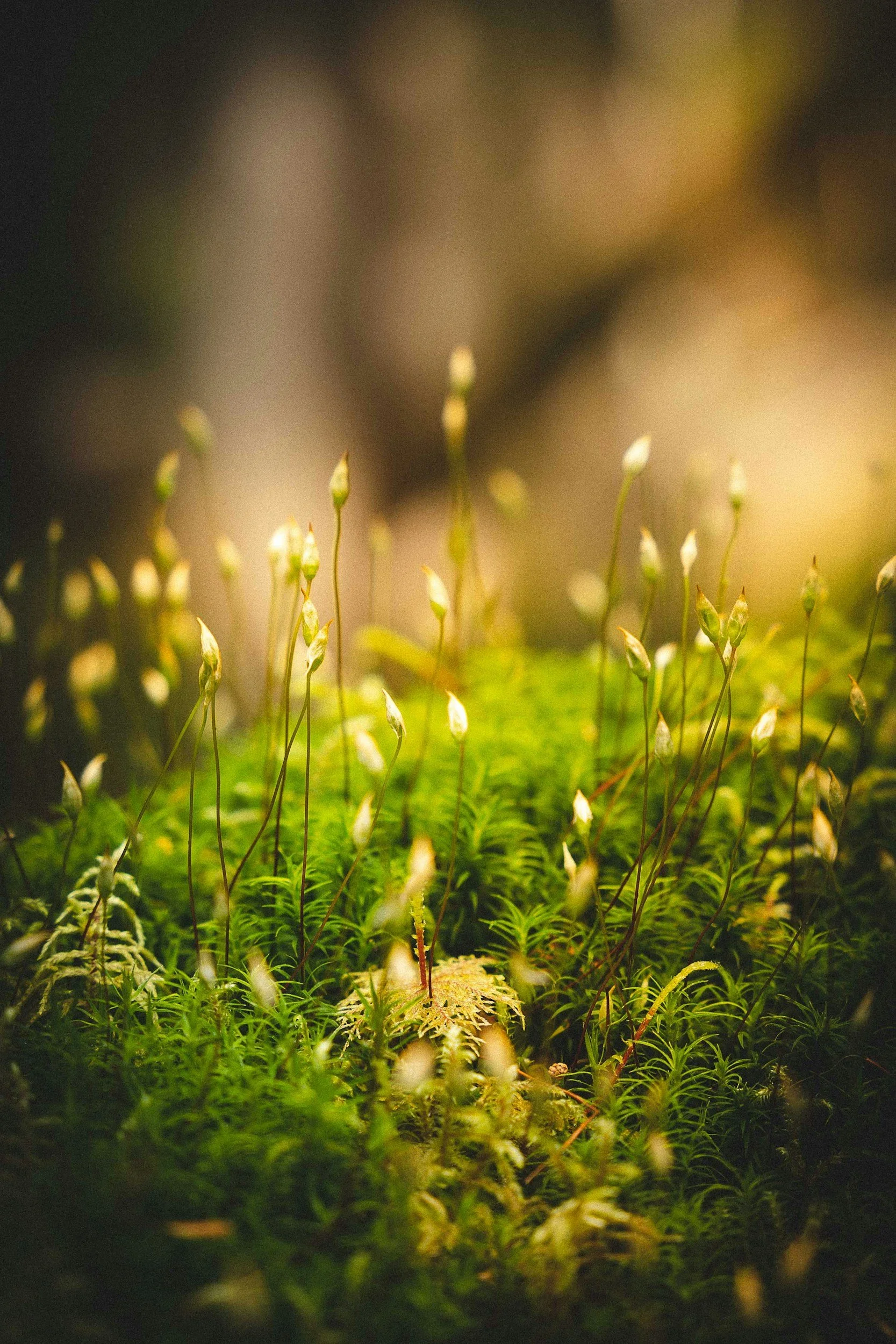Reintegrating Human Nature
Partnership with the Land.
Are you a landowner in the Pacific Northwest seeking a deeper connection with your land?
Living on large acreage outside city limits offers incredible opportunities, but it also comes with unique challenges.
It's natural to want to feel more connected to the land we call home. We may long to live in a way that aligns with our values and respects the Earth, but that clarity doesn’t always come easily. Many landowners grapple with guilt over their contribution to environmental degradation, questioning whether land management decisions exacerbate biodiversity loss and climate change. This sense of guilt, along with feelings of doubt and overwhelm, can hinder an ability to take actionable steps and create a deeper connection with the land.
On top of all that, the everyday realities of living outside city limits can be a lot to navigate. The logistics, weeds, wildlife, and the conflicting advice can leave even the most dedicated landowner feeling stuck.
Literal battles with weeds can drain time, money, and energy. At the same time, the endless decisions involved in land care can feel like being caught in the weeds metaphorically, too…stuck and unsure where to begin.
Living outside the city often leads to misunderstandings about wildlife, driven by fear rather than an understanding of their behaviors or roles in the ecosystem. Figuring out how to live alongside wasps, rodents, birds, or large predators can feel daunting. Yet, this is key to achieving a balance where all beings can coexist and thrive.
Similarly, assumptions about invasive species might come from limited or conflicting information. Zooming out to see the full picture and to understand these dynamics within a broader ecological context can make all the difference.
All of this can make the dream of creating a sanctuary that nurtures both humans and the land feel out of reach. And when you add in the complexity of making decisions with your family members, it can feel even harder to move forward with clarity.
Rediscovering Our Shared Home
The word ecosystem has its roots in the Greek words oikos (meaning "home" or "household") and systema (meaning "organized whole"). At its core, an ecosystem is a shared home. A dynamic network of relationships connecting countless beings, including humans. This etymology reminds us that we are not separate from the Earth but integral members of a vast and intricate household.
For many, the weight of human actions such as deforestation, pollution, and the exploitation of natural resources creates a sense of guilt and alienation from this shared home. Yet guilt itself can be a doorway to healing, an invitation to remember and reclaim our belonging.
At the heart of this reclamation is the understanding that all living beings, from the tiniest microbe to the tallest tree, hold intrinsic value and contribute to vitality of the ecosystem. No single species, including humans, exists above or apart from the rest.
Healing the Separation
The idea that humans are superior to other life forms has shaped much of modern culture. It often justifies the use and control of the natural world in ways that disconnect us from it. This way of thinking disrupts the balance of ecosystems and ultimately puts both the planet and humanity at risk.
Shifting away from this mindset asks us to see life through a different lens—one rooted in respect and reciprocity.
Life in Rhythm
Practices like nature therapy, ecological land tending, and seasonal ceremonies can support this process, but they are only part of a larger transformation. True change means aligning the way we live, how we consume, relate, and make choices, with the well-being of the Earth and all who live here.
This reconnection is not just about tending the land. It is also about tending to ourselves and remembering that we are part of this larger whole. When care for the Earth is woven together with care for our bodies, minds, and communities, we begin to live in a way that reflects true belonging. Humans are not separate from the natural world. We are a part of it, and we have a role to play in its continued flourishing.


